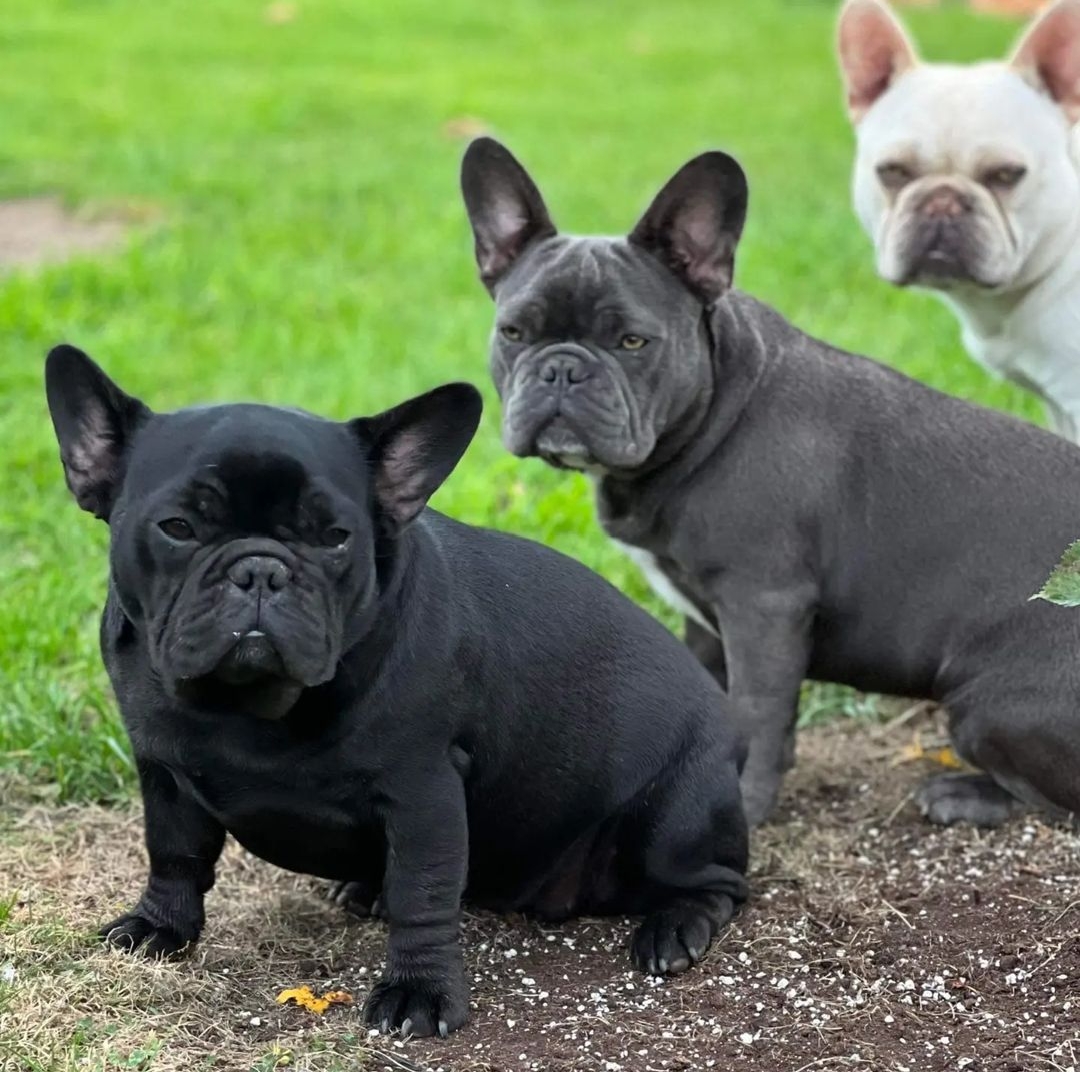Dandruff In Dogs
- FreeRange null

- Oct 14, 2023
- 2 min read
Updated: Aug 8, 2024
When your furry friend starts showing signs of dandruff, it's akin to us dealing with those pesky white flakes on our own scalps. Keep a close eye on your dog's fur, particularly on their back, for small skin bits – a telltale sign of dandruff.

Causes vary, ranging from dry skin and allergies to less-than-optimal nutrition.
The catch is, unlike us, dogs can't stroll into a store for specialized dandruff shampoo. So, the key lies in unraveling the mystery behind why it's happening.
Dandruff in dogs is essentially the presence of tiny flakes of dead skin, often accompanied by heightened scratching, which can eventually lead to hair loss.
Picture that relentless itchiness we experience.
Seborrhea, a term often thrown around in veterinary circles, is essentially the canine version of dandruff. It could either be inherited, like a family trait, or act as a signal for an underlying issue.
Various factors contribute to dandruff in dogs....
Allergies, bacterial infections, yeast infections, parasitic infections, and endocrine disorders like Cushing's disease or hypothyroidism can also manifest as dandruff in dogs.
Each condition requires specific attention and treatment modalities.
Pinpointing the specific cause is instrumental in crafting an effective treatment plan.
Take seborrhea, for instance – it can often be managed with the regular use of special shampoos tailored to combat excess dead skin cells.
Knowing when to consult a vet is vital. If your dog suddenly has an abundance of flakes, appears itchy, sports very red skin beneath the flakes, or emanates an unusual odor, it's time for a veterinary check-up.
During a vet visit, your dog's medical history undergoes scrutiny, and a thorough physical examination is conducted. Depending on the severity of the dandruff, additional tests such as hormone tests, skin culture tests, skin scrapings, or even a skin biopsy might be recommended to pinpoint the root cause.
Treatment strategies vary based on the identified issue. It could involve medicated shampoos, a change in diet, or stress management techniques.
Simple steps such as regular baths, steering clear of potential allergens, and ensuring your pup remains stress-free can significantly contribute to alleviating dandruff.
In cases where the winter exacerbates the condition, introducing a humidifier to add moisture to the air can prove beneficial. If the dandruff is linked to a deficiency in certain fatty acids, incorporating these into your dog's diet can make a noticeable difference.
While most cases of dandruff in dogs are often harmless and might resolve on their own, persistent discomfort warrants a visit to the vet.
It's always best to get a vet check up!
After all, a happy and dandruff-free pup is the ultimate goal for any pet owner!
If you have any concerns please contact your vet 😀
We highly recommend PD Pet Insurance, click the link below to get the best quote






Comments